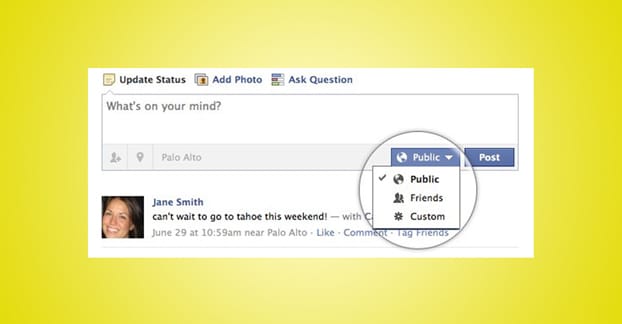
To sum it up, an unexpected friend request from somebody that might even know you might end up with a hijacked Facebook account, financial losses, malware infections, or even identity theft. Threat actors typically use social engineering to make users give away their login credentials or make them click on malware-laden links.

The “Friend Request” virus belongs to the malware category known as Facebook virus, and it is used to scam inattentive social media users by sending out friend requests without one's knowledge or permission.įriend Request virus can be associated with a variety of scams and malware. If this sending friend requests issue has been bothering you for a while, you have been involved in the malicious scam associated with these request messages. This typically means that your machine has been infected with the Friend Request virus and that several steps should be taken to recover your account and clear the device from malware.Īlso, scammers might be using your public photos and posts to create a fake version of your account and use it to contact your real friends with the intention to swindle money or personal information from them. Possibly the most prevalent issue that users encounter is that their accounts begin to send friend requests automatically. For example, users' personal information accessible to friends might be targeted and later used in a phishing scheme to infect them with malware or extort money. While this activity is not unusual when sent from somebody who actually wants to be friends, there are several friend requests that are sent out for malicious reasons.


What is Facebook Friend Request virus? Facebook Friend Request virus – a malicious activity that is typically related to account hijackingįacebook Friend Request virus is a malicious message that could arrive at any time on this social media platform.


 0 kommentar(er)
0 kommentar(er)
